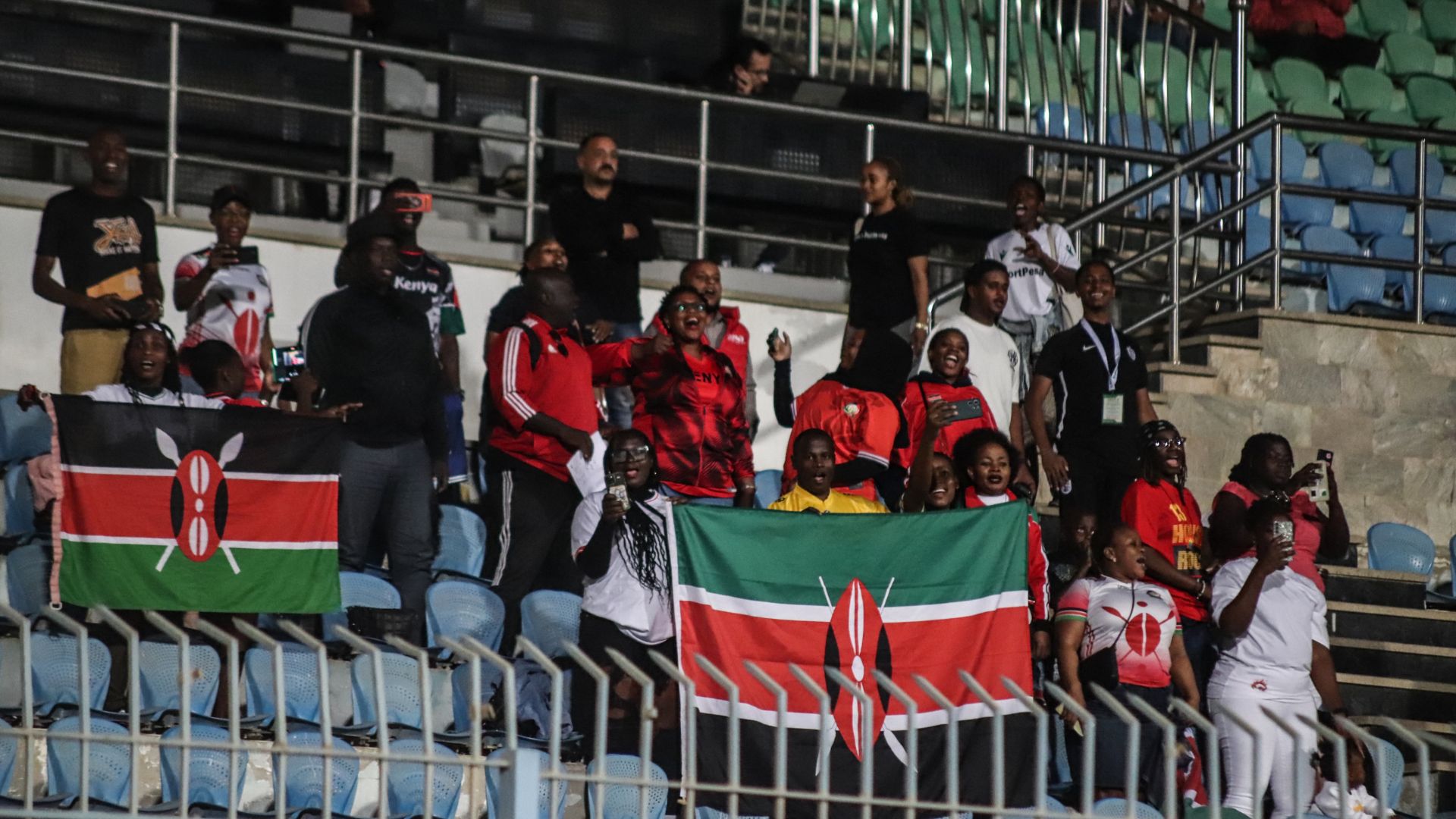There is a general consensus amongst Kenyans that fuel prices are exorbitantly high compared to the cost of the commodity in the neighbouring countries. Follow our WhatsApp channel for more news The explanations given by the government for the constant and gradual rise in the price of fuel are ones that Kenyans never seem to buy, no matter how hard the concerned try to convince the consumers. The latest pump prices released by the Energy and Petroleum Regulatory Authority (EPRA) show that a litre of petrol retails at around Ksh170 in the major cities and towns in Kenya. This is considered high in the eyes of Kenyans if the feedback shared on social media is anything to go by. How about if the prices drop to around Ksh43? This is affordable, right? ##NAJAVA_MECA_8901605##Once again, Mozzart Sport disrupts the flow of pitch news from Cairo, where the U20 men’s football team is participating in the U20 Africa Cup of Nations, to share interesting news from the streets. Before the team played Tunisia in a Group B match on Sunday, I returned to the streets of Cairo, and this is what I managed to gather for the U20 AFCON Diary segment. Not much pain at the Egyptian pump While the cost of fuel continues to bother Kenyans back at home, Ksh43 is enough to get you a litre of petrol here in Cairo. U20 AFCON Diary: Bread goes for Ksh5 with Kenyan athletes more famous in EgyptHowever, it is interesting that local taxi hailing drivers and other citizens, whom I spoke to, feel that the cost is high as compared to the prices ten years ago when the commodity was going for 2 pounds, which translates to Ksh5.It is worth noting that a good number of vehicles here run on natural gas, which is way cheaper than petrol. Another factor that plays a part in the cheap fuel prices is that Egypt produces 682,904 barrels of oil per day (2014 through 2023) ranking 27th in the worldFines for breaking traffic rulesDiscipline on the Egyptian roads is non-negotiable. The speed limit within Cairo remains at 60km per hour, with the cap on highways set at 120km per hour. Kenya U20 coach gives reason behind AFCON loss to TunisiaMuch as speed governors are not installed on their cars, speed cameras are installed all over the roads, with drivers who overspeed procuring themselves fines. First offenders are fined 200 Egyptian pounds (Ksh511) with failure to pay within 48 hours landing the driver in more trouble, as the amount doubles, with the sequence carrying on to the defaulted days. Repeat offenders are fined more, with the late fees accumulating depending on the number of defaulted days. Fines are normally sent through a Short Message Service (SMS).Sign language is important hereOne thing you cannot take away from Egyptians is their patriotism. Their love for their country and culture comes first. STARS ABROAD: Kenyan forward leads Welsh side to historic trebleThey also love their official language, which is Arabic. Your solid command of English might not be useful here, as locals largely communicate in Arabic.It is only after coming to terms with this fact is when you realise sign language and Google Translate are important.Despite the language barrier, locals are respectful, welcoming and willing to translate Arabic for ease of communication. Train connecting major cities The AFCON matches are being hosted in Cairo and Alexandria, with Group B action being played in the capital city. Bearing in mind that the distance between Cairo and Alexandria is 218 kilometres, commuting is an issue for most of the journalists. PLAYER RATINGS: Lawrence Okoth scores again but defensive errors wreck Kenya U20’s knockout hopesEven though Egypt has a good road network, compared to Kenya’s, locals tell me that they prefer the inter-city train rather than travelling by bus for long trips. The train links major cities like Giza, Alexandria, and Suez, among others. There is also a train for the urban areas.

